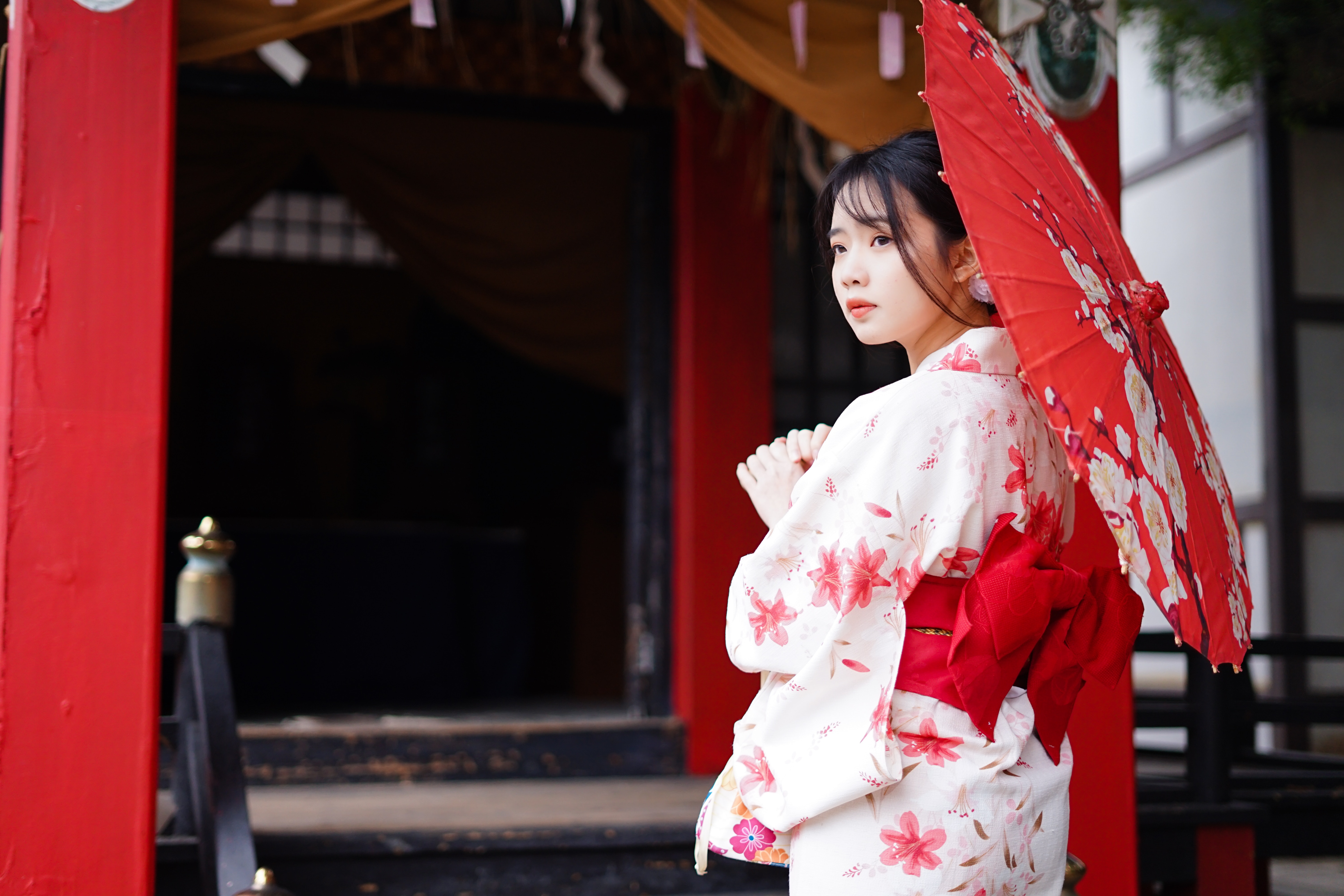
Crissy (kurishii) in Japanese
Crissy in Katakana
クリシイ
Crissy in Romaji
kurishii
Crissy in Hiragana
くりしい
The name Crissy in Japanese Katakana is クリシイ which in romaji is kurishii. Katakana is the standard translation for names into Japanese, Crissy in Japanese Hiragana, the non-standard translation for names into Japanese, is くりしい.
How do you write Crissy in Japanese Kanji?
The closest sounding kanji name that sounds similar to "crissy" would be 栗志 (Kuri-shi). This kanji name is pronounced with two syllables (ku-ri-shi). The kanji characters mean "chestnut" and "will/ambition".
The western meaning of the name "Crissy" is "follower of Christ" or "believer in Christ". The closest matching Kanji name based on this meaning is クリスティー (Kurisutī), which is pronounced as "Kuri-su-ti". The Kanji characters used in this name mean "Christ" (クリス) and "Tie" (ティー).
Get the inside scoop on life and travel in Japan
Names similar to Crissy
carissa karissa
カリッサ Learn More
karissa karissa
カリッサ Learn More
larissa rarissa
ラリッサ Learn More
charissa karissa
カリッサ Learn More
chrissy kurishii
クリシイ Learn More
cristy kurisuti
クリスティ Learn More
krissy kurishii
クリシイ Learn More
alissa arissa
アリッサ Learn More
alysa arissa
アリッサ Learn More
alyssa arissa
アリッサ Learn More
cassy kashii
カシイ Learn More
chrissie kurishii
クリシイ Learn More
christy kurisuti
クリスティ Learn More
christyna kurisutiina
クリスティイナ Learn More
cris kurisu
クリス Learn More
crista kurisuta
クリスタ Learn More
cristal kurisutaru
クリスタル Learn More
cristen kurisuten
クリステン Learn More
cristi kurisuti
クリスティ Learn More
cristian kurisuchan
クリスチャン Learn More
cristie kurisuti
クリスティ Learn More
cristin kurisutin
クリスティン Learn More
cristina kurisutiina
クリスティイナ Learn More
cristine kurisutiin
クリスティイン Learn More


